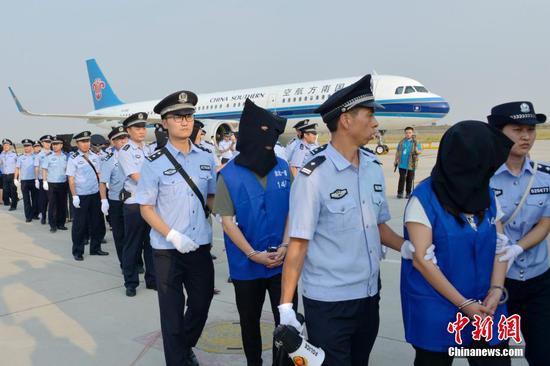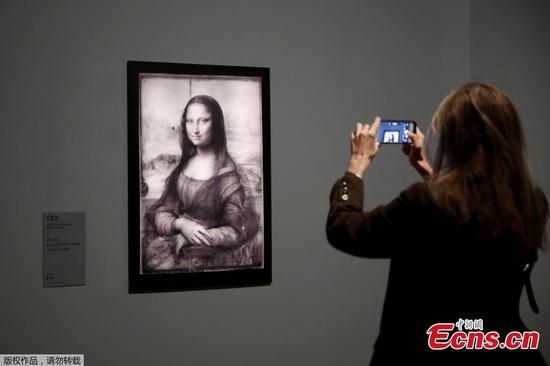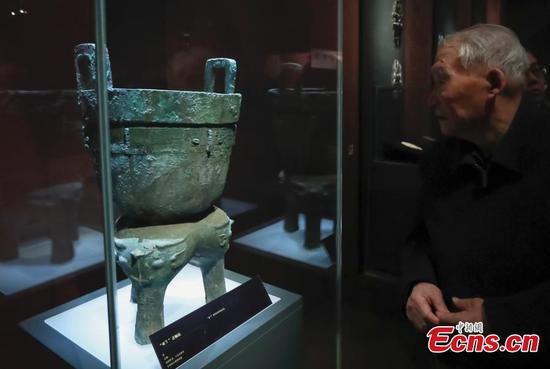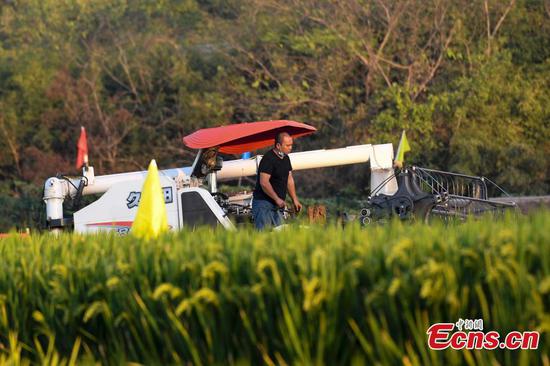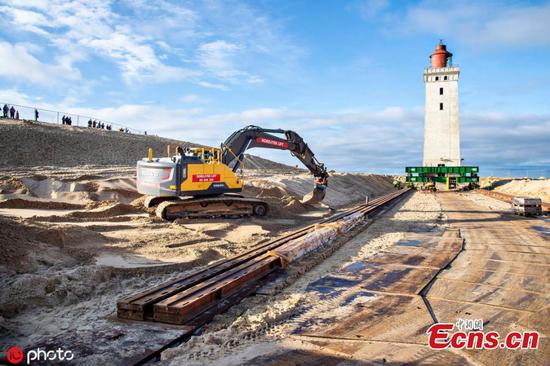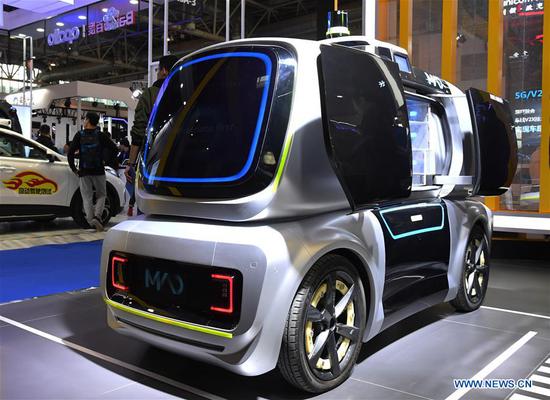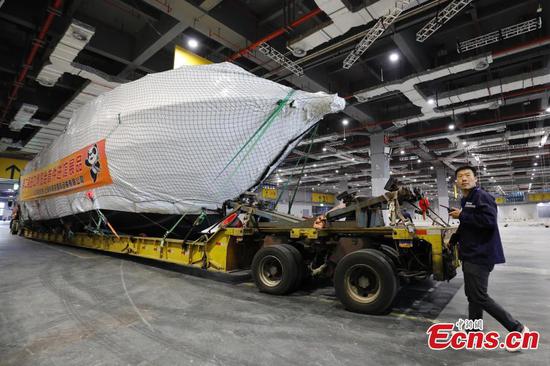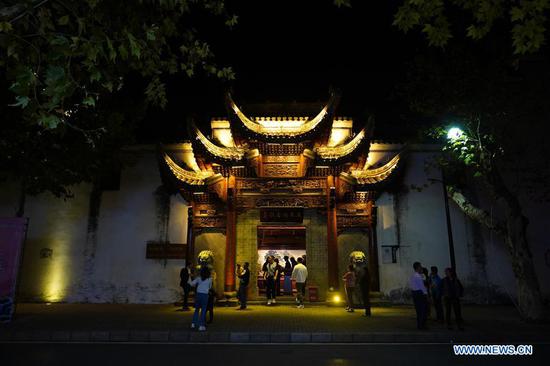
Job hunters seek positions and information at a career fair in Huaibei, Anhui province. (Photo by Wan Shanchao/For China Daily)
Digital talents in China are gradually migrating from pureplay technology fields to traditional industries that require digital makeovers, but the pace of the move should become faster to give a substantial boost to the real economy, a latest research study said.
People equipped with professional skills in the information and communication technologies have started to congregate in areas such as consumer goods, finance, education and corporate services, said a report by the Tsinghua University School of Economics and Management Center for Internet Development and Governance and LinkedIn China, a global professional service network.
Drawing on the 910,000 Chinese members on LinkedIn who can be qualified as "digital talents", the report found that newly arriving digital talent in both manufacturing and finance can be mostly traced to the software and IT service industries.
"The Chinese economy will grow faster as this change occurs," said Allen Blue, co-founder of LinkedIn. "The pure technology going into the world of traditional industries is going to revolutionize those industries and (enhance) their ability to succeed."
The need for digital talents though tends to vary. While the financial industry is singularly reliant upon talents in software and IT services, manufacturing calls for a wider range of specialties such as artificial intelligence and data analysis.
"Innovations and breakthroughs in cutting-edge digital technologies such as big data and artificial intelligence will accelerate the speed of digital transformation in traditional industries even further," said Chen Yubo, director of the Center for Internet Development and Governance at Tsinghua SEM.
Blue agreed. The LinkedIn official found that the need for talents in realms like AI and blockchain is surging faster than cloud computing and data science because the former represents "more fundamental capabilities to deliver different kinds of values".
"But it (the transition) is not happening anywhere near fast enough, not just in China but globally," Blue explained.
This is reflected in the fact that the manufacturing sector has seen a drop in the percentage of digital talents from 2016 to 2018, meaning sectors related to the real economy still face greater barriers in accessing those talents.
In terms of regional distribution, digital talents in the software and IT service industries are mainly concentrated in Beijing, Shanghai, Shenzhen, Hangzhou and Guangzhou. Those in the hardware and networking industry are mainly located in Shenzhen, Beijing and Shanghai.
President Xi Jinping has called for the integration of the internet, big data, and artificial intelligence with the real economy.
Last year, China's digital economy reached 31.3 trillion yuan ($4.55 trillion), accounting for 34.8 percent of the country's GDP and contributing over two-thirds of GDP growth.
Chinese company Tencent's cloud computing unit is empowering industries by helping plant owners detect and iron out technological glitches remotely and in real time, improving production efficiency.
Alibaba, another internet giant, is revamping agriculture by adopting smart sensors and data analytics to help farms monitor the activities of hogs and log their state of health in real time.

















